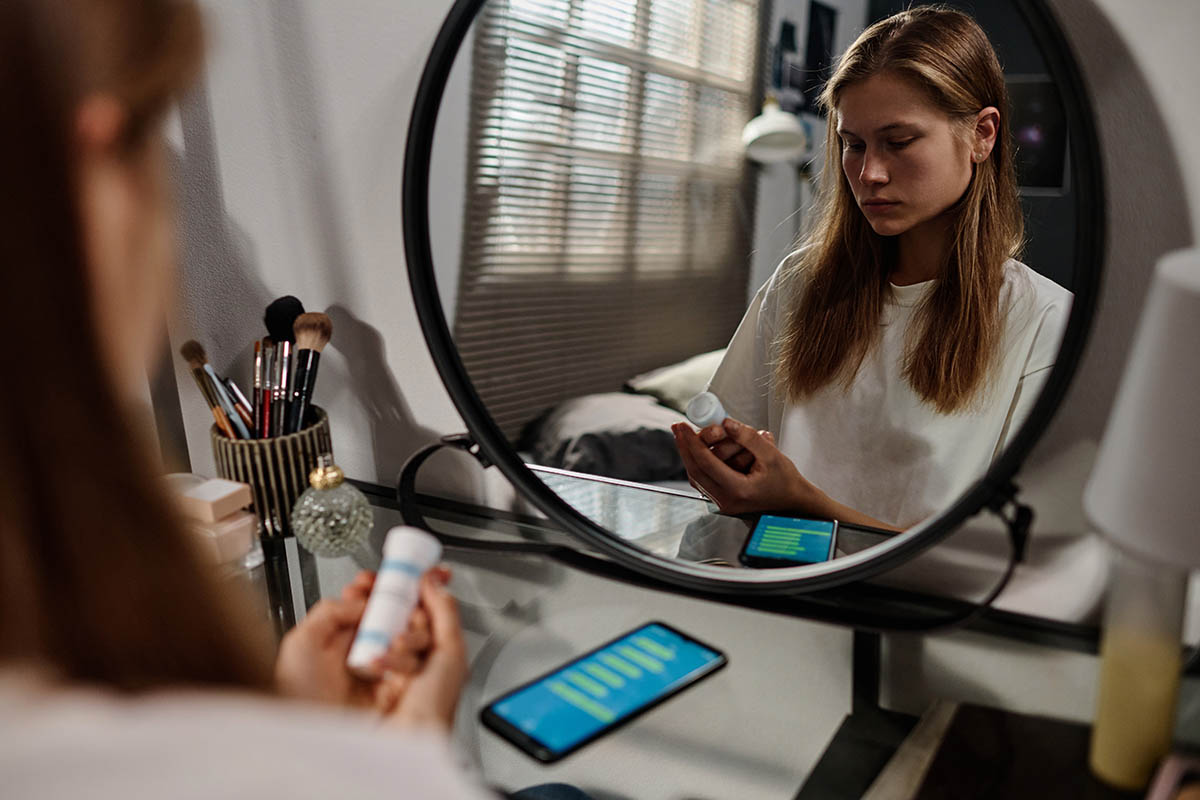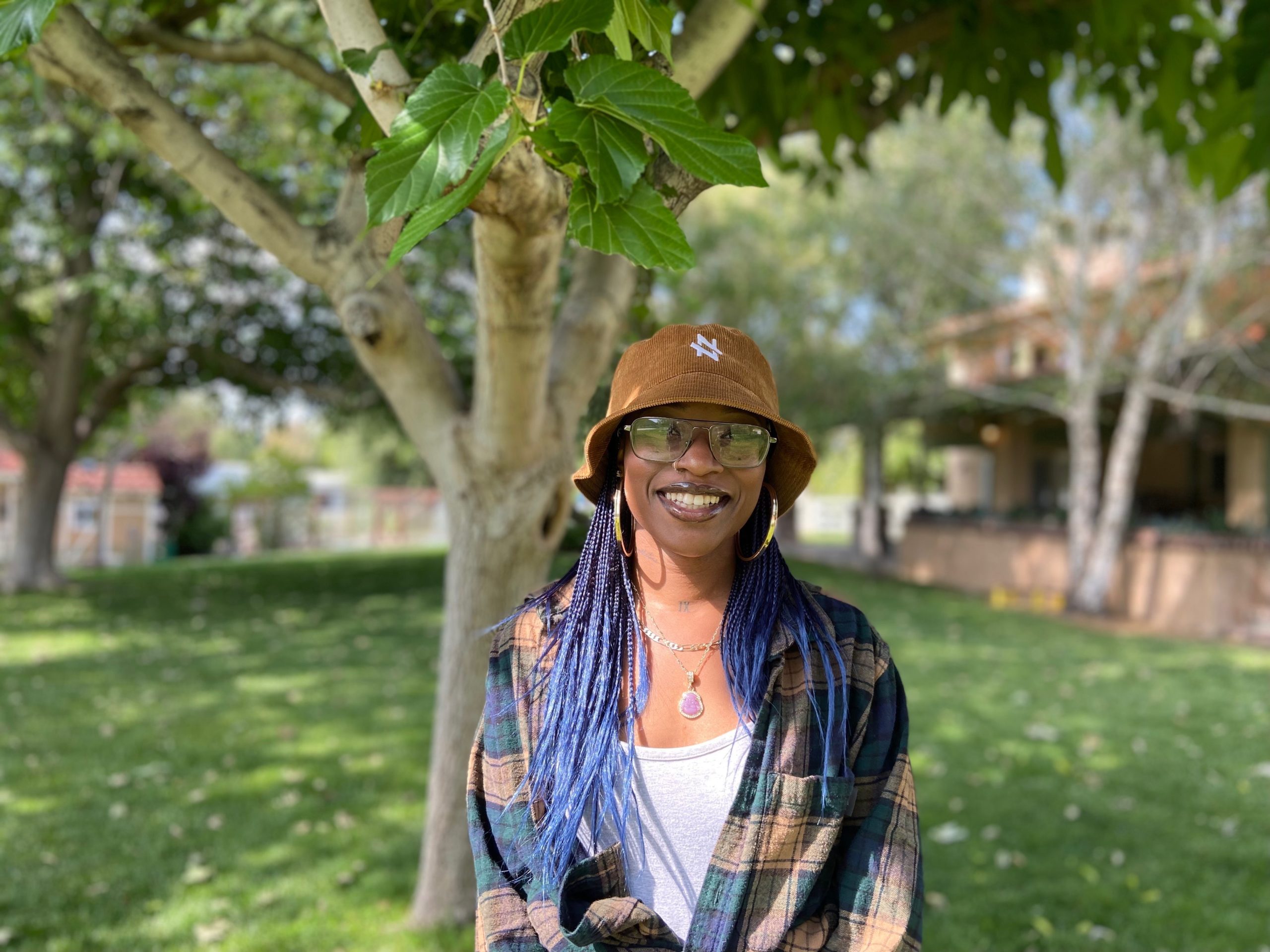Flakka Drug: A Growing Threat to Teens
There is a dangerous drug on the street that is able to produce serious side effects in teenagers who use it, and it is sold to resemble common household products, which may make it difficult to detect when a teenager has brought the drug into the parent’s home or is in possession of it anywhere. This drug is called Flakka, and it can produce lethal effects in teens who use the drug recreationally to get or maintain a high. Teen flakka use has come suddenly and out of nowhere to become an immediate concern for the health and well-being of adolescents across the United States.
What is Flakka?
The drug Flakka is a street drug that is usually made from the chemical alpha-PVP, which is a synthetic version of an amphetamine-type stimulant cathinone. The chemical use of cathinone affects the central nervous system of the user, with amphetamine-like results. Cathinone is a chemical taken from the khat plant, native to Somalia and the Middle East. It is apparently the same chemical used to make common bath salts. The drug flakka is produced in street version as a white or pink gravel that resembles bath salts, and can be bought for roughly $5.00. Flakka is also known by the term “gravel” on the street, as its drug form resembles common gravel chips and stones once produced for illegal sale. Teens use flakka to get high, and often continue to take the drug while high in a practice known as “snacking” (continuing a high by using more flakka).
Because of the innocuous look of the drug in its street version, the low price to obtain the drug, and the relative ease for teenagers to get and stay high on the drug, teens are using flakka in large quantities without being found out by people close to them. Flakka is a dangerous drug and can be a gateway to further substance abuse among teens, often involving other illicit and dangerous substances.
What Happens When Teens Use Flakka?
Teens who use flakka to get high can suffer adverse effects, which can include serious health problems such as: deadly fast heart rates, rhabdomyolysis, (melting of muscle tissue that releases muscle fibers into the bloodstream, resulting in kidney failure) and other potentially fatal conditions. The drug flakka also has other symptoms when used recreationally to produce a high, which include: hallucinations, seizures, heart palpitations, violent behavior, suicidal thoughts, adrenaline like strength, hyperthermia (105 degree and higher bodily temperature) and death. Many teens on flakka will characteristically take off all of their clothing while experiencing the effects of the extremely high bodily temperatures produced by the drug, and parents should understand that this may be a clue that their teen is on flakka. Parents are advised to contact a teen treatment program to help their teens who have used flakka as a recreational drug.
Flakka like any other illicit street drug, is often mixed with other dangerous chemicals – and teenage users will have no idea where the drug originally came from, who chemically mixed or produced it for street sale consumption, what poisons or other toxic and deadly chemicals were added to it to produce a high or euphoric effect for the user, or how to stop taking the drug after the effects have produced a dependence in their young bodies. Parents are advised to call a teen treatment center to ask questions and to get help, especially if a teenager is spiraling out of control or putting themselves in danger due to drug use.
When to Seek Help
Adolescents who have used flakka may benefit from the intervention of a qualified adolescent rehabilitation center to help them safely withdraw from drugs, and to learn strategies to stop using drugs or alcohol in the future. Most teenagers who use drugs or alcohol are self-medicating due to underlying anxiety, depression, trauma, or other mental health challenges. By intervening early, adolescent treatment can stop this behavior and help teens avoid growing up into addicts who depend on substances both physically and emotionally in order to self-regulate. If you or a teen you know is using flakka or bath salts, please call our admissions line at 310.388.3713 to speak to an admissions coordinator about how to get help.



